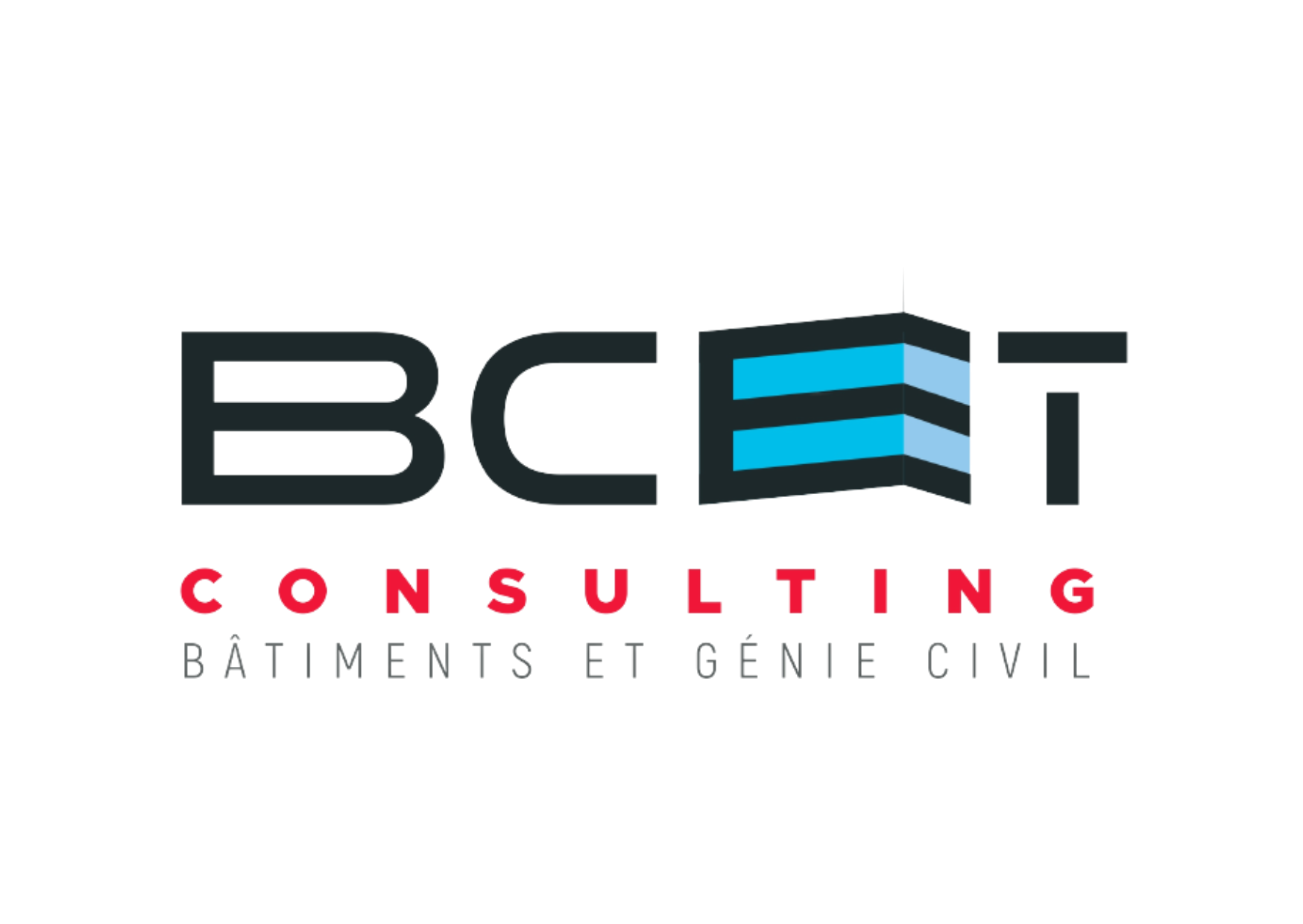The Evolution of Google Search: From Keywords to AI-Powered Answers
After its 1998 emergence, Google Search has changed from a modest keyword analyzer into a powerful, AI-driven answer platform. At first, Google’s game-changer was PageRank, which ordered pages through the merit and number of inbound links. This transitioned the web past keyword stuffing in the direction of content that acquired trust and citations.
As the internet increased and mobile devices spread, search approaches evolved. Google established universal search to mix results (reports, graphics, recordings) and next underscored mobile-first indexing to mirror how people essentially browse. Voice queries by way of Google Now and subsequently Google Assistant stimulated the system to decode dialogue-based, context-rich questions compared to succinct keyword sequences.
The next breakthrough was machine learning. With RankBrain, Google started processing up until then unexplored queries and user intent. BERT refined this by absorbing the depth of natural language—positional terms, atmosphere, and interdependencies between words—so results more appropriately reflected what people purposed, not just what they recorded. MUM broadened understanding throughout languages and varieties, permitting the engine to connect related ideas and media types in more polished ways.
Now, generative AI is reinventing the results page. Projects like AI Overviews compile information from several sources to supply compact, circumstantial answers, generally joined by citations and follow-up suggestions. This lowers the need to go to countless links to collect an understanding, while but still channeling users to more extensive resources when they aim to explore.
For users, this shift brings more immediate, more accurate answers. For creators and businesses, it incentivizes detail, creativity, and readability compared to shortcuts. In the future, imagine search to become progressively multimodal—fluidly consolidating text, images, and video—and more customized, conforming to preferences and tasks. The voyage from keywords to AI-powered answers is in the end about altering search from pinpointing pages to delivering results.
